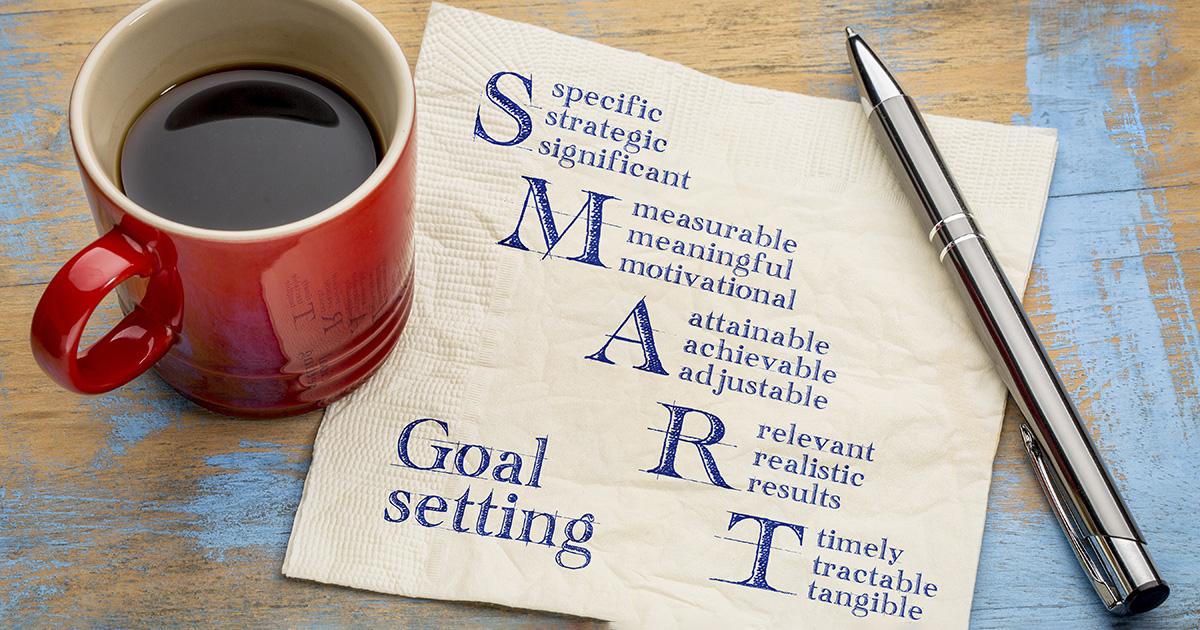As Maya Angelou once said, “I learned a long time ago the wisest thing I can do is be on my own side, be an advocate for myself and others like me.” In simple terms, self-advocacy means having the ability to express your needs, wants, and concerns when working toward your own individual goals. When you can practice self-advocacy on a consistent basis, it stimulates confidence, which can help you to live an independent and fulfilling life. It does take some time to develop these skills, but the great thing is that they are transferrable outside of the college arena!
Being able to advocate for yourself will be important during conversations with your supervisor in the workplace, as well as for creating and maintaining healthy interpersonal, romantic, and family relationships. Standing up for yourself can also be as simple as asking for help. If you are wondering how to begin to develop these skills, or how doing so relates to a successful college experience, here are some tips:
1. Know Thyself
According to the American Psychological Association, self-awareness means “self-focused attention or knowledge.” This includes being aware of who you are, your behaviors, your values, and your beliefs. At Student Access for Improved Learning (SAIL), we inspire students to practice this by encouraging them to know all about their disability, their limitations, their needs, and their challenges. It is dually important for students to be able to articulate these things. Keep in mind that understanding and voicing needs, limitations, and challenges is important for all students, regardless of disability status. Journaling, for example, can be a great way to reflect on these areas — but understand that the process of self-awareness is fluid; as humans, we are constantly changing. Some questions you may want to ask yourself include:
- What do my communication skills say about me?
- Am I actively or passively listening during conversations with others?
- What do my body language and tone of voice convey when I talk to others?
- What emotions do I experience when engaged in a conversation with an authority figure?
- Do I communicate better in writing or face-to-face?
- Do I choose my words wisely when I speak to others?
- Do I feel confident when I talk about myself to others?
2. Create an Action Plan for Assertiveness
If you’re a student who needs assistance with direct communication or the ability to speak up, it may be beneficial to begin by improving your assertiveness skills. When you engage in assertive communication, not only will you be better prepared to get your point across, but it also indicates that you respect the rights of others.
By evaluating your answers to some of the questions listed in the “Know Thyself” section above, you can then create an action plan to help you identify what tasks you need to complete, what resources you need to gather, and which people can help you to achieve your assertiveness goals along the way. For example, if you know that you might have a difficult time meeting face-to-face with your instructor to discuss your course progress, you could address self-calming strategies (learning deep breathing or visualization techniques), create a script or an email template to send to your instructor, or even collaborate with a friend, family member, or counselor to role-play what that conversation might sound like.
3. Know How and Where To Get What You Need and Want
Here is where we tie everything together! For some students, attending college helps to foster a greater sense of independence, but with that independence comes an added sense of responsibility. The things expected of you in college will be very different than the expectations set for you in high school. For example, it’s recommended that students enrolled in college will need to study for at least two to three hours outside of class for each hour of class time. Not only will the amount of required reading outside of class increase, but so will expectations for how you manage your time and complete your assignments. It’ll also be very important to know how to take effective action if difficulties present themselves.
As I said earlier, self-advocacy can be as simple as asking for help. At EFSC, we have several awesome academic and personal resources available to all students — but it will be up to you to seek those services out! Your instructors are also here to help you navigate through any course-related issues you’re experiencing. They often have office hours, so it would be a great idea to double-check your syllabus or reach out to them directly for more information.
All first-year students are assigned an academic advisor, who is their go-to person for questions and concerns related to degree progress, programs of study, and registration. Success coaches are also available to work with you on transitioning to college and the online learning environment, as well as on some of those soft skills that all students need to be successful.
Here Are a Few of the Other Resources That Are Available:
- TRiO Student Support Services is a support program for students who are either first-generation college students, students with economic challenges, or students with disabilities. TRiO offers free math and science tutoring, as well as other activities to increase student retention.
- The Academic Success Centers are available on each campus (and virtually) to provide tutoring in several different subject areas, as well as writing assistance.
- SAIL is available to assist students with documented disabilities in receiving academic accommodations in their classes and the testing environment.
- EFSCares is a confidential student assistance program for EFSC students, through which you can receive one-on-one counseling or other behavioral health services/referrals as needed. EFSCares also hosts a series of mental health sessions focusing on various coping skills for student success.
As you begin your self-advocacy journey, remember that Eastern Florida State College has your back. Don’t hesitate to use the resources that are available to you. You might just be surprised as how quickly your confidence increases!
- Are There IEPs and 504 Plans in College? - November 17, 2021
- Managing Back-To-School Anxiety - August 11, 2021
- Study Skills for Students with Various Learning Abilities - June 16, 2021




